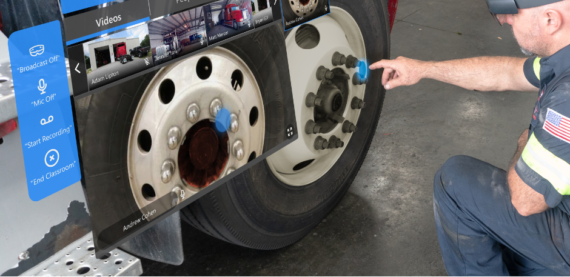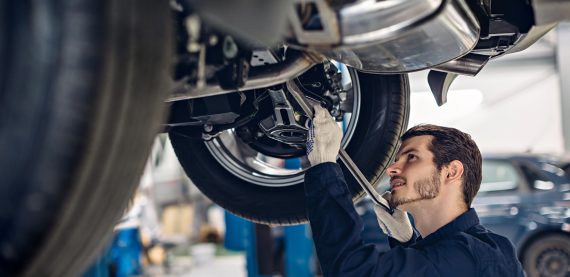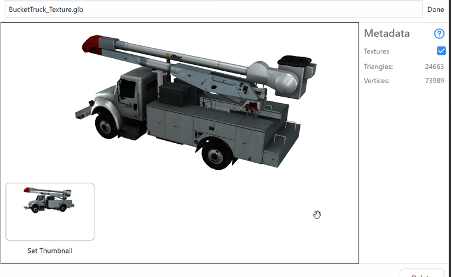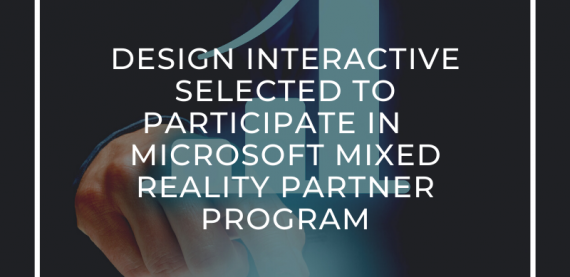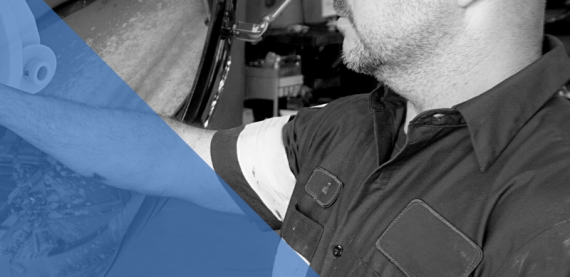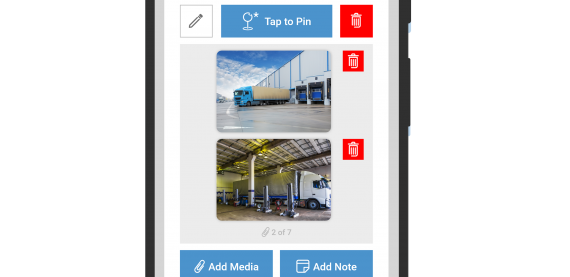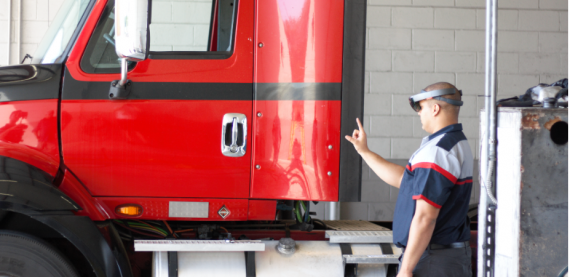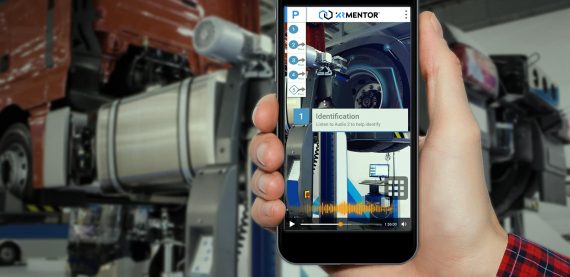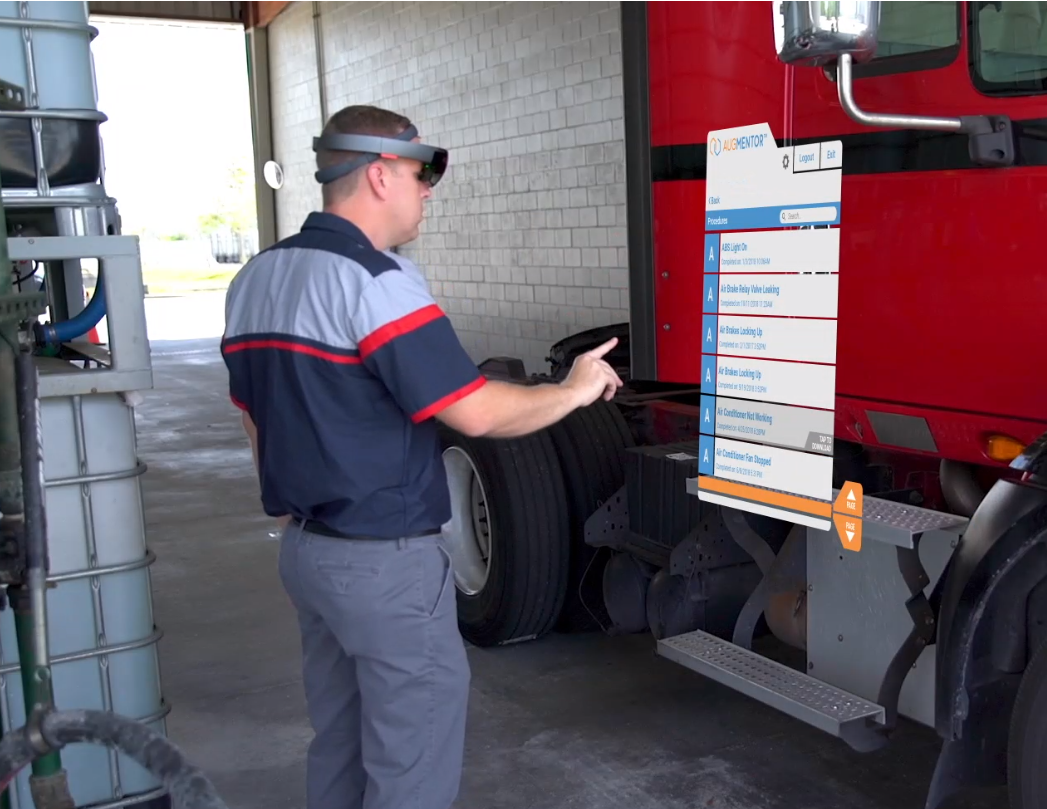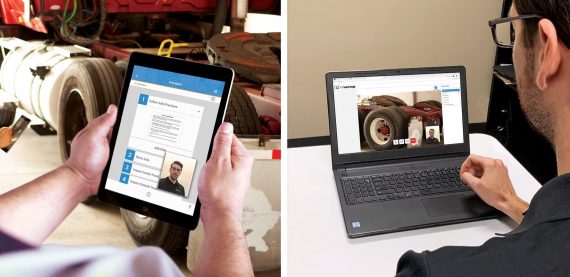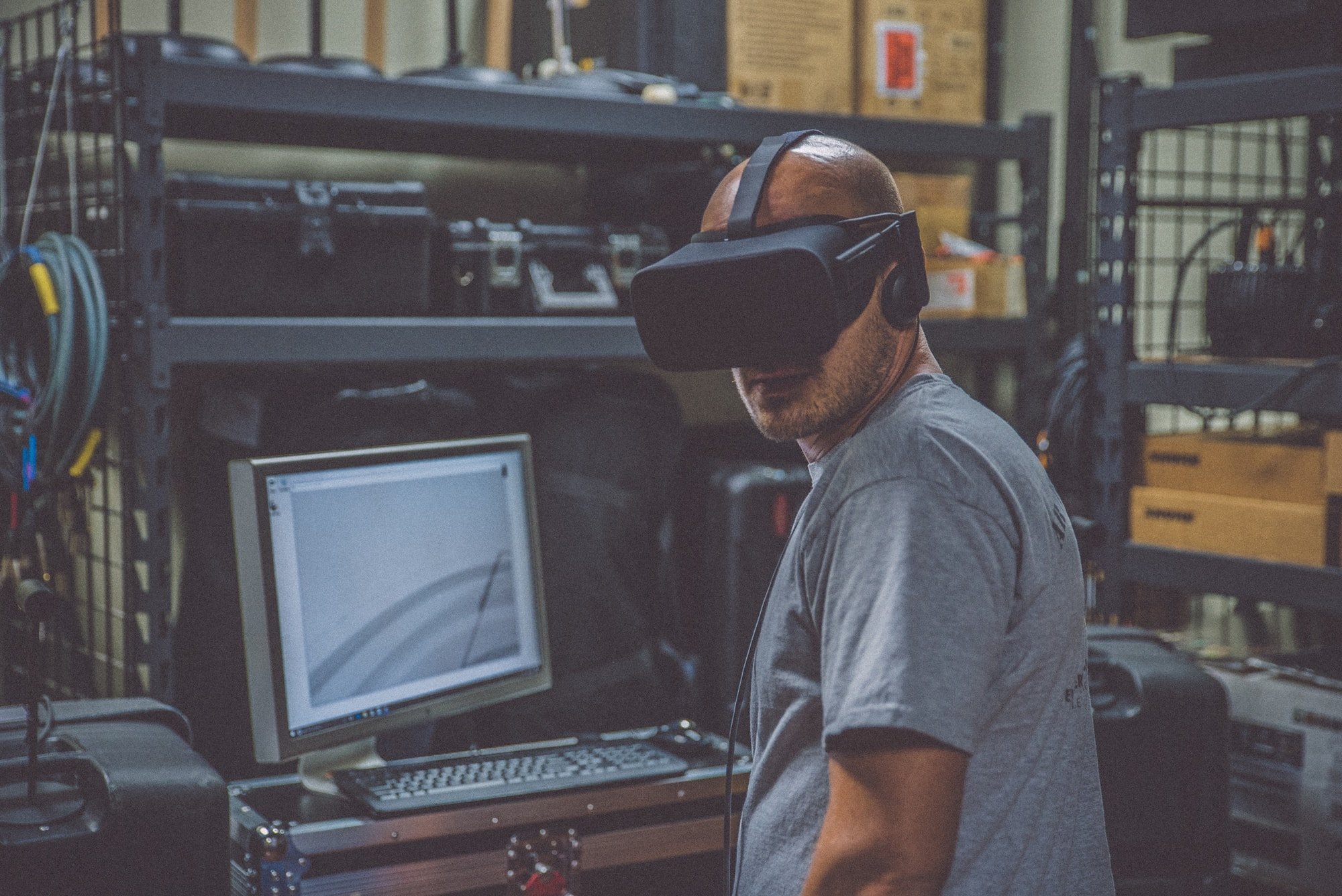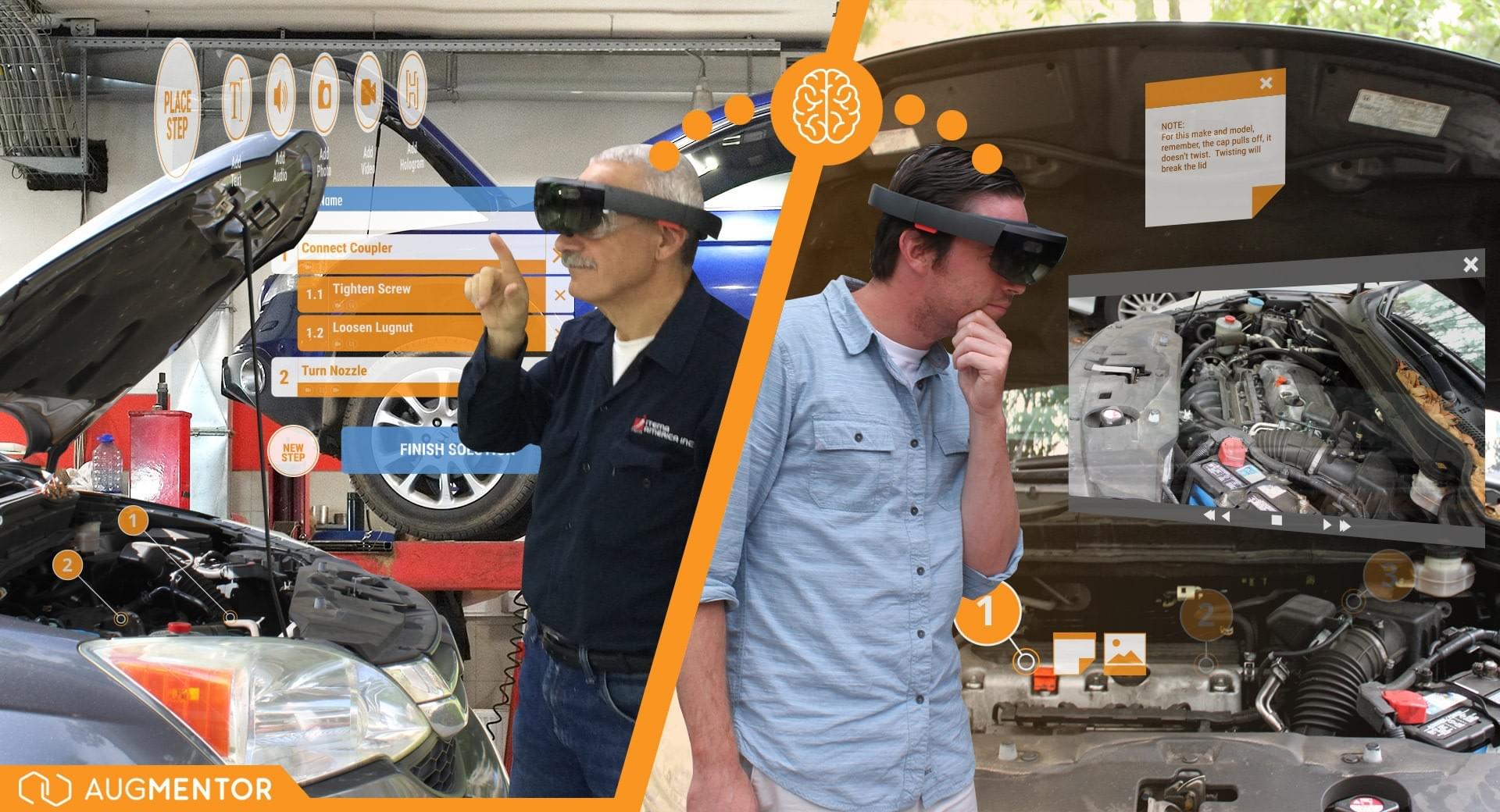Digital based learning has made remarkable strides over the past decade, evolving from static online courses to dynamic, interactive platforms that cater to a variety of industries. However, 2025 represents a transformative tipping point, as Artificial Intelligence (AI) takes center stage in reshaping how we approach education and professional training. AI has moved beyond being a futuristic concept or experimental tool—it is now a powerful force actively enhancing both the teaching and learning experience.
This paradigm shift is especially impactful in training environments where complex skills must be mastered efficiently and effectively. By leveraging AI, educators can provide personalized, data-driven experiences that adapt to each learner’s unique needs, while trainees gain access to tools that make learning more engaging, immersive, and actionable.
In this post, we delve into the top 5 ways AI is revolutionizing training, exploring how it’s not just improving outcomes but also redefining what’s possible in modern education.
1. Personalized Learning for a Complex Skillset
Traditional training programs for mechanics often rely on a one-size-fits-all approach, which fails to address the diverse skill levels and learning paces of trainees. AI revolutionizes this by analyzing individual performance data to tailor educational experiences. Adaptive learning platforms like DreamBox and Squirrel AI use algorithms to assess each trainee’s strengths and weaknesses, delivering customized lessons to maximize comprehension and retention. For example, a trainee struggling with diagnostic techniques might receive focused simulations and additional tutorials, while someone excelling in the basics could move on to advanced troubleshooting exercises. This personalized approach ensures every mechanic progresses at their optimal pace, fostering a more equitable and effective training environment.
2. Enhancing Engagement Through Interactive AI Tools
AI-powered tools are transforming how mechanics engage with training materials. Virtual tutors and chatbots provide instant feedback and support, creating a dynamic digital based learning experience. Gamification, driven by AI, introduces elements like badges, leaderboards, and performance-based rewards, which keep trainees motivated and focused. Additionally, AI-enhanced AR/VR simulation solutions like XRMentor® , allow mechanics to practice real-world scenarios in a safe and controlled environment, such as diagnosing engine failures or repairing complex machinery. These immersive tools help bridge the gap between theoretical knowledge and practical application, significantly improving skill acquisition.
3. Automating Routine Tasks for Instructors
AI also streamlines administrative tasks, enabling trainers to focus more on hands-on mentoring and skill development. AI-driven platforms tailored for digital based learning, such as SkillBoss Logistics and Autodesk Fusion 360, help instructors manage and enhance learning outcomes. These tools can automate grading, track trainee performance, and identify common challenges within a cohort.
For instance, an AI-powered system might highlight recurring difficulties trainees face with diagnostic protocols, allowing trainers to design targeted workshops or simulations to address these gaps. By reducing administrative burdens and providing actionable insights, these platforms ensure more consistent evaluations while freeing instructors to spend their time where it matters most: guiding trainees through real-world problem-solving and advanced skill-building.
4. Harnessing Predictive Analytics for Better Outcomes
Predictive analytics, powered by AI, is transforming mechanic training by offering data-driven insights to improve learning outcomes. Tools such as Skillsoft Percipio and Cognota are leveraging predictive models to analyze trainee performance and identify those who may struggle to keep pace. These platforms enable instructors to provide timely interventions, ensuring every trainee receives the support they need to succeed.
For example, predictive analytics can highlight areas where trainees consistently underperform, such as advanced diagnostic techniques or complex repairs. Based on these insights, the system might recommend tailored supplementary materials, targeted simulations, or additional hands-on practice sessions. By proactively addressing skill gaps, these tools help create a more effective and equitable training environment, ensuring no trainee is left behind.
5. Preparing Mechanics for the Future
As technology continues to evolve, the role of AI in digital based learning is poised to expand even further, unlocking new possibilities for personalized, efficient, and impactful learning experiences. The integration of AI-driven tools is not just enhancing how trainees acquire knowledge today—it is laying the groundwork for a future where continuous learning and skill adaptation become seamless parts of every mechanic’s journey.
Imagine a world where AI systems anticipate emerging industry trends and adapt training content in real-time, ensuring mechanics are always prepared to work with the latest tools, techniques, and technologies. Advanced simulations powered by AI and augmented reality could provide trainees with immersive, hands-on experiences for even the most complex machinery, reducing the need for costly physical setups while improving outcomes. Predictive analytics and machine learning could offer unparalleled insights into training effectiveness, allowing programs to evolve dynamically based on trainee performance and feedback.
By embracing these innovations, training programs can do more than just teach—they can transform. Mechanics will not only gain the skills to meet today’s demands but also develop the adaptability to excel in an increasingly complex and technology-driven industry. The future of digital based learning isn’t just about keeping pace; it’s about leading the way.
Are you ready to revolutionize the way mechanics learn, adapt, and thrive in the face of tomorrow’s challenges? The time to embrace this transformation is now.






